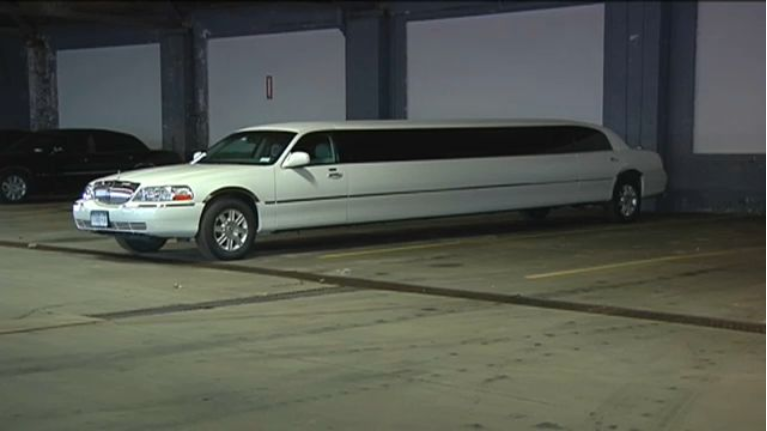A package of safety bills proposed after the 2018 limousine crash in Schoharie have made their way to the floor of the House of Representatives, Reps. Paul Tonko and Antonio Delgado on Monday said.
“Even as we work to address the broad and urgent challenges we now face as a nation, we must not lose sight of the full scope of life-saving work that needs to get done," Tonko said. “Our continued progress with these vital and commonsense limousine safety measures is a credit to families from across our state who have shown a truly selfless resolve, turning tragic personal loss and into a resounding call for life-saving reform. The advance of these measures to the House floor is just the next step. My colleagues and I will not rest until limousine safety reforms are signed and enacted into law.”
The bills include measures that are meant to take unsafe limousines off the roads, new safety standards such as requiring seatbelts and reclassifying vehicles that carry nine or more people as commercial motor vehicles -- closing what's considered a loophole.
The limo crash in Schoharie killed 20 people and launched calls for new safety legislation and reforms to the industry. New York state lawmakers have approved several limousine safety bills since the crash.
“On October 6, 2018, our upstate communities suffered a devastating loss when a limo crash killed 20 people in Schoharie. By advancing these bills through committee, we are one step closer to honoring their lives with action and taking tangible steps to improve the safety and security of limousines on the road so no other family suffers,” Delgado said. “I will continue to work alongside Rep. Tonko and my colleagues on both sides of the aisle to move this legislation through the House and Senate as soon as possible to enact these long overdue reforms.”


